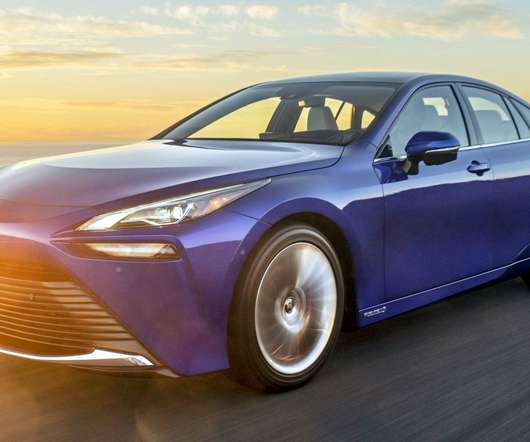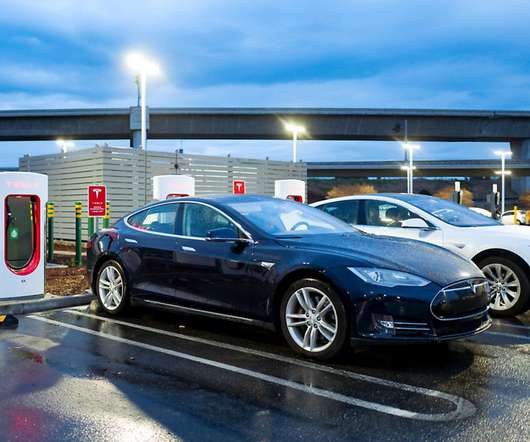What’s the State of Hydrogen Vehicles in 2022?
Clean Fleet Report
OCTOBER 19, 2022
A Look at the Lightest Alternative Fuel. With growing pressure from consumers, the world’s largest auto brands have invested heavily in eco-friendly vehicles. Of course, there are a range of eco-friendly vehicles on the market, but one emerging contender is hydrogen-powered cars. History of Hydrogen Vehicles.



























Let's personalize your content